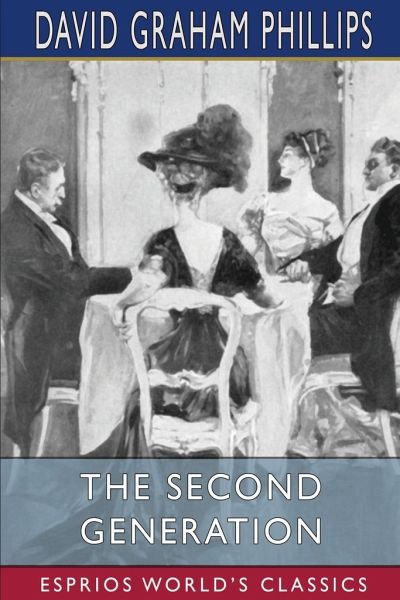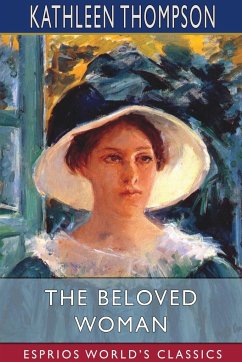
The Second Generation (Esprios Classics)
David Graham Phillips (1867-1911), was an American journalist and novelist. After completing his education, Phillips worked as a newspaper reporter in Cincinnati, Ohio before moving on to New York City where he was employed as a columnist and editor with the New York World until 1902. In his spare time, he wrote a novel, The Great God Success that was published in 1901. The book sold well enough that his royalty income allowed him to work as a freelance journalist while dedicating himself to writing fiction. Considered a progressive, Phillips' novels often commented on social issues of the day...
David Graham Phillips (1867-1911), was an American journalist and novelist. After completing his education, Phillips worked as a newspaper reporter in Cincinnati, Ohio before moving on to New York City where he was employed as a columnist and editor with the New York World until 1902. In his spare time, he wrote a novel, The Great God Success that was published in 1901. The book sold well enough that his royalty income allowed him to work as a freelance journalist while dedicating himself to writing fiction. Considered a progressive, Phillips' novels often commented on social issues of the day and frequently chronicled events based on his real-life journalistic experiences. Phillips' reputation as a muckraker cost him his life when, in January 1911, he was shot and killed in New York City.









